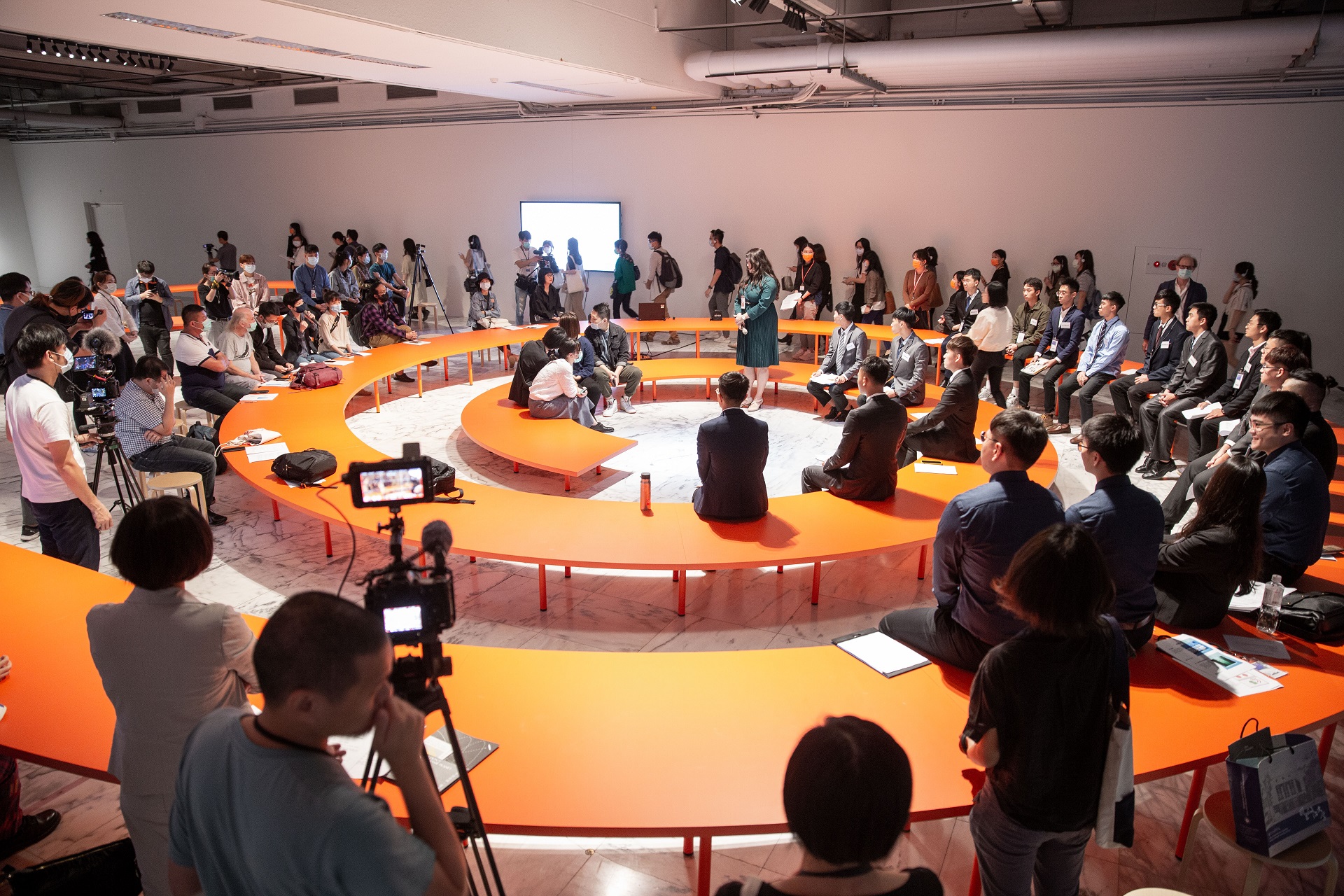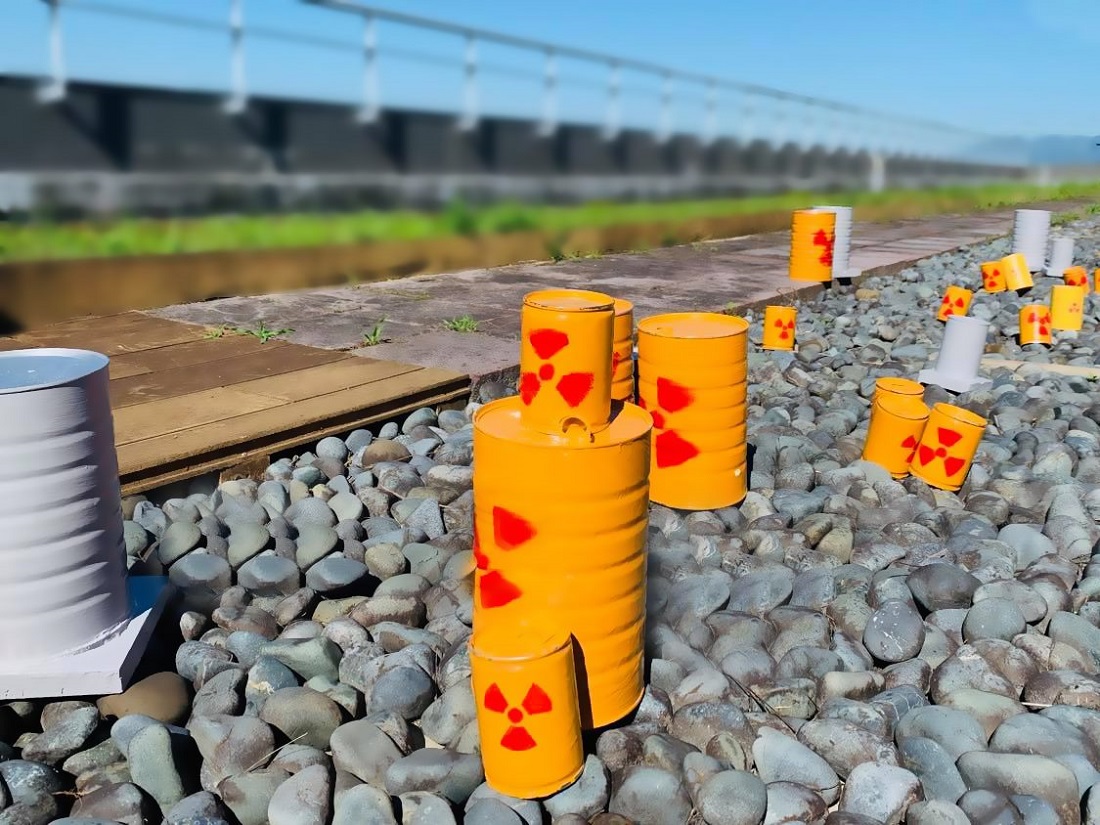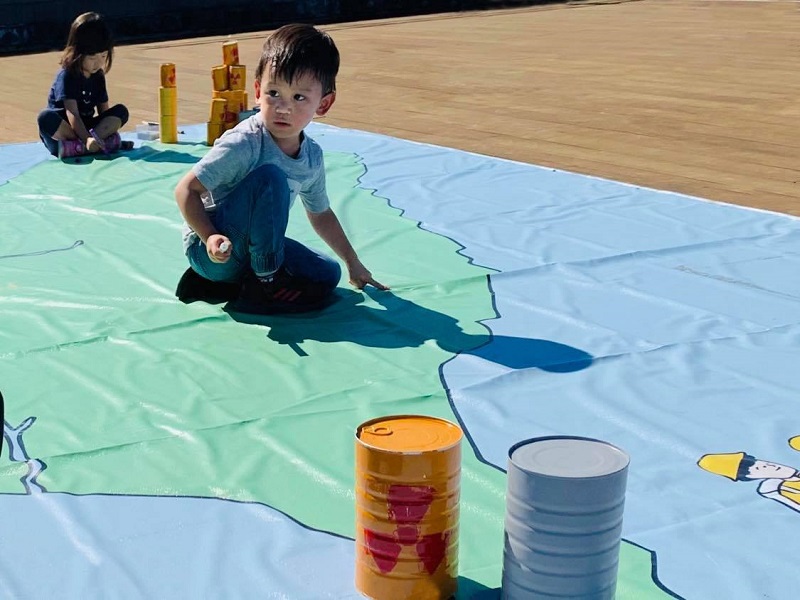
The disposal of nuclear waste is a long-term issue which requires multiple disciplines, involving not only technical knowledge, but also a dimension of public understanding in society. In Taiwan, the disputes over the use of nuclear energy and the disposal of nuclear waste occupy a pivotal position in the democratization process which has unfolded since the 1980s. At present, the focus of nuclear waste treatment has shifted to the decommissioning of nuclear power plants on the northern coast and arrangements for the disposal of high-level radioactive waste. Facing uncertainty in the scheduling and initiation of the decommissioning phases of the Nuclear Plant No. 1 and the commencement of operationalizing the storage facilities for radioactive waste, the central and local governments have hugely different priorities and therefore have created the current impasse. Following these latest developments, this simulation is set up based on the Executive Yuan’s “Nuclear-Free Homeland Task Force Committee” and simulates the meetings and informal exchanges after meeting, demonstrating the policy-making participation and negotiation agency of the diversified communities of stakeholders. Finally, with the participation of nonhuman actors such as the Northern Coastal Land and Spent Nuclear Fuel, this simulation hopes to bring aspirations to the current impasse, by inviting reflections on the entanglement between technological artefacts and societal negotiations in attempting the settlement of the storage facility and, thus, to imagine a possible future of place-remaking and revitalization.
Wen-Ling Tu
Professor in the Department of Public Administration and Dean of the International College of Innovation (ICI) at National Chengchi University (NCCU). She received her PhD in Environmental Planning from the University of California, Berkeley. She serves as the associate editor-in-chief of the journal East Asian Science, Technology, and Society (EASTS) and the board director of the Environmental Right Foundation. She is the director of the Center for Democratic Innovation and Governance (CDIG), NCCU. Her areas of research include environmental governance; science, technology and society; risk communication; citizen science; and public participation. She has held a long-term interest in environmental democracy, promoting cross-disciplinary research and the implementation of public deliberation. She is the coordinator of the popular science TV program “Open the S-File: When Science meets Social Controversies,” winner of the Golden Bell Award for Natural Science Documentary Program.
Kai-ling Luo
PhD from the Department of Political Science, National Chengchi University (NCCU), PhD candidate at the University of Tübingen, Germany. Currently deputy director of the Center for Democratic Innovation and Governance, College of Social Sciences, NCCU. She focuses on such issues as public participation, cross-boundary governance, policy communication, and democratic governance, and she has long promoted the planning and execution of activities related to participatory governance, public deliberation, and the innovation and development of benchmark cases.
Chih-Yuan Yang
PhD from the Department of Sociology, Lancaster University, U.K. Currently a postdoctoral researcher at the Institute of Sociology, Academia Sinica. He focuses on the authority of public rationality demonstrated by scientific knowledge in the policy-making process, as well as the cumulative cultural significance conveyed by engineering technological choices. Research projects include electrical engineering dispatching, FITs expert committees, and the localization of photovoltaic installations. Recently, his research interest has turned to the challenges to humanity studies and social sciences brought by Anthropocene science

